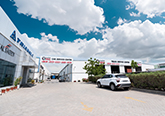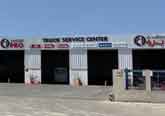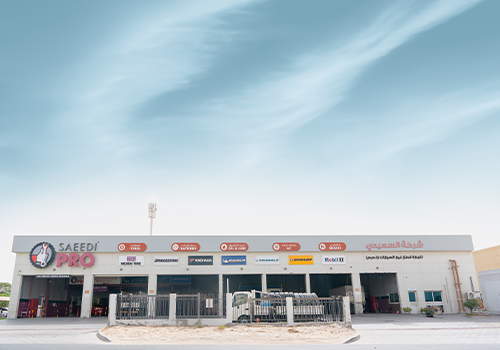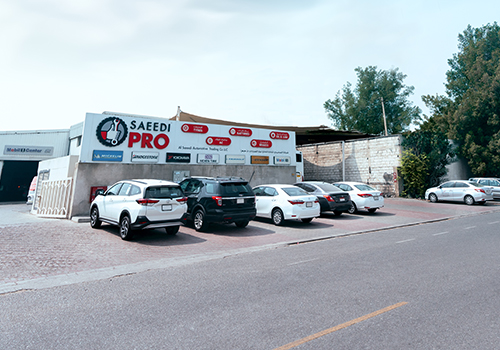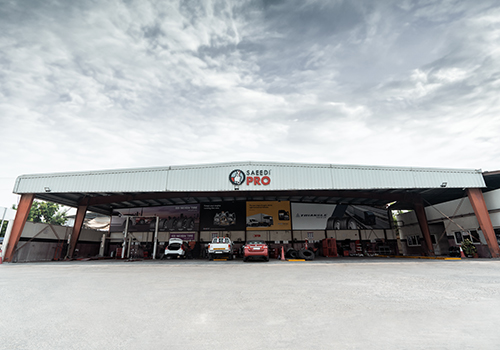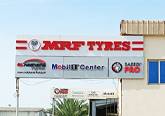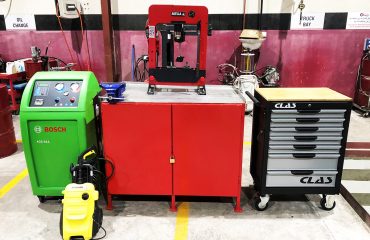You have a lot riding on your brakes, so it only makes sense that you would want them to work as efficiently as possible. The following brake maintenance tips will ensure you have maximum stopping power while on the road.
1. Change your brake fluid often.
Brake fluid is hydroscopic, which means that it attracts moisture. This reduces the fluid’s boiling point and makes it more likely that metal components will corrode. Changing your brake fluid at regular intervals will improve braking conditions and prevent the excessive wearing of parts. Ideally, brake fluid should be changed around every two years, or more often if you regularly drive in dusty or humid conditions.
2. Bleed your Brakes
After changing your fluid, you will need to bleed your brakes in order to remove any air bubbles. It can be tempting to skip this step, but failing to properly bleed your brakes could result in a failure to engage. To bleed your brakes, you will need a helper to pump the pedal while you keep an eye on the bleeder valve and then close it once brake fluid starts flowing through it.
3. Invest in High Quality Rotors
Inexpensive rotors are often much thinner, and will therefore need to be replaced more often. Since they are thin to begin with, it will also be more difficult to lathe and turn them when installing new brake pads. On the other hand, a high-quality cryogenic rotor can prevent too much heat from building up-something that can cause your rotors to wear out faster than necessary.
4. “Bed” your Brakes
Following a brake replacement, pick a long stretch of road where you can comfortably get up to around 60 mph or so. Make a series of slow, even stops until you are down to about 20 miles per hour. Following this, drive around at a moderate speed for a few minutes and allow your brakes to completely cool before coming to a final stop.
These tips will help you get the most out of your brakes, but are not designed as a substitute for regular repairs. If you are in need of new brake pads, calipers, or rotors, please contact us.









































